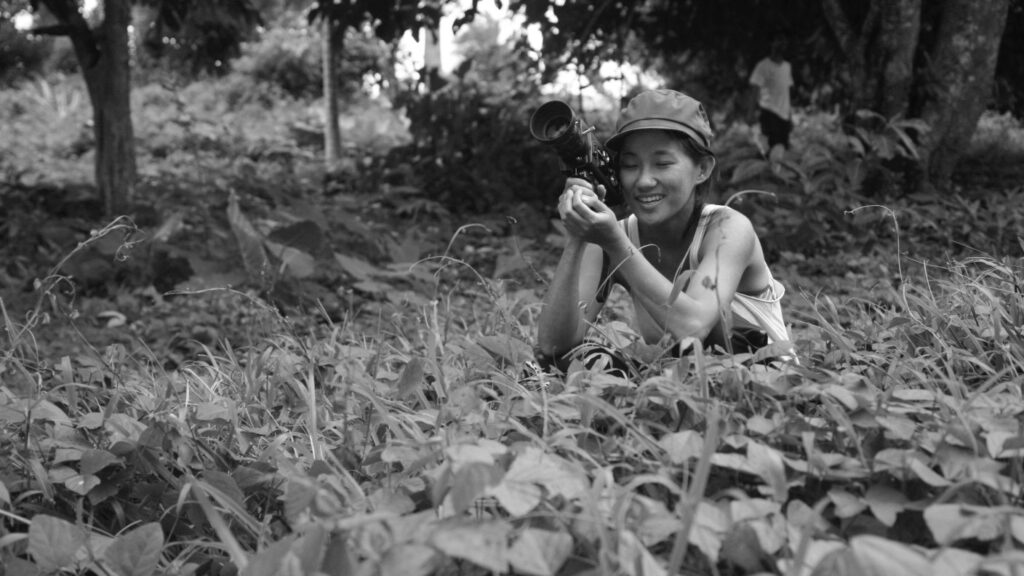Cinema After Liberation
program description
Cinelogue’s debut program Cinema After Liberation celebrates arthouse films that emerged in the wake of direct colonial rule. During this period, many BIPOC filmmakers in formerly colonized countries used cinema as a tool for social and cultural reconstruction to restore their communities’ agency and self-determination.
All films offer a first raw glance at the lived realities experienced in societies that were internally and externally fractured by colonial violence. Presenting newfound artistic freedom, the films explore questions of duality, the self, and the other through the ongoing search for individual and collective agency.
By presenting these films in one program, Cinelogue aims to transcend the colonial concept of the nation-state and stress that the ongoing project of decolonization remains incomplete as long as it is organized through national identities.
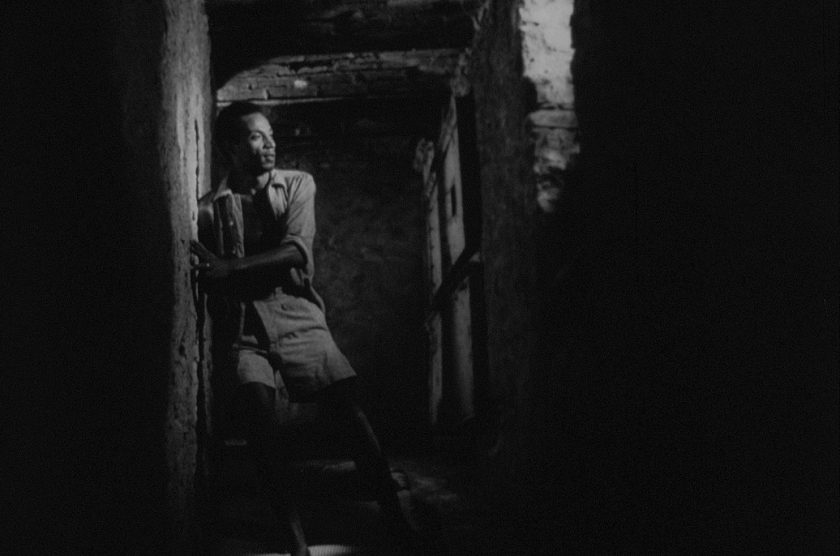
Algeria, 1969, 17m
After centuries of colonization of Angola by the Portuguese, Sarah Maldoror’s Monangambeee brings to the big screen for the first time a story based on an Angolan short story, O Fato Completo de Lucas Matesso by Luandino Vieira, with two Angolan liberation fighters (Elisa Andrade and Carlos Pestana) acting as protagonists.
with commentary by: Fradique | filmmaker, writer and producer
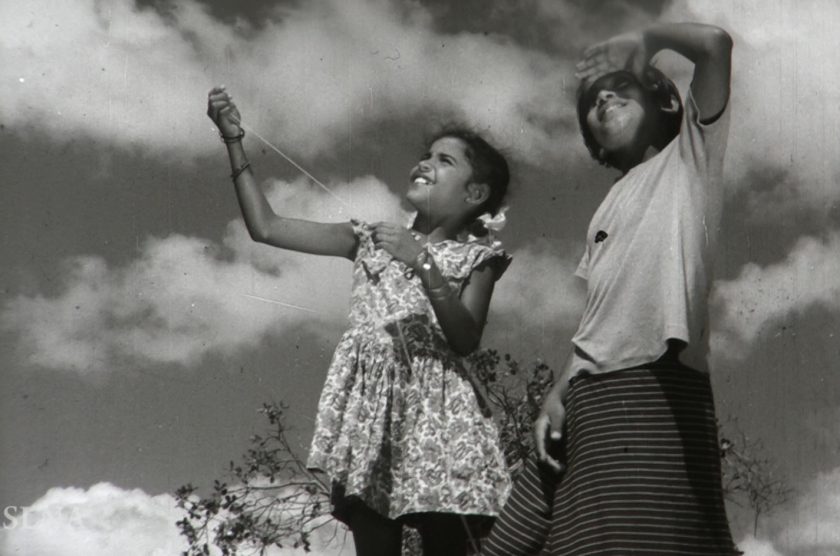
Sri Lanka, 1956, 1h 29m
Rekava by Lester James Peries is a classic in Sri Lanka (then the Dominion of Ceylon). Based in a Sri Lankan village, the film tells of Sena, a young boy and healer, and the social frictions his abilities lay bear.
with commentary by: Sumitra Peries | filmmaker
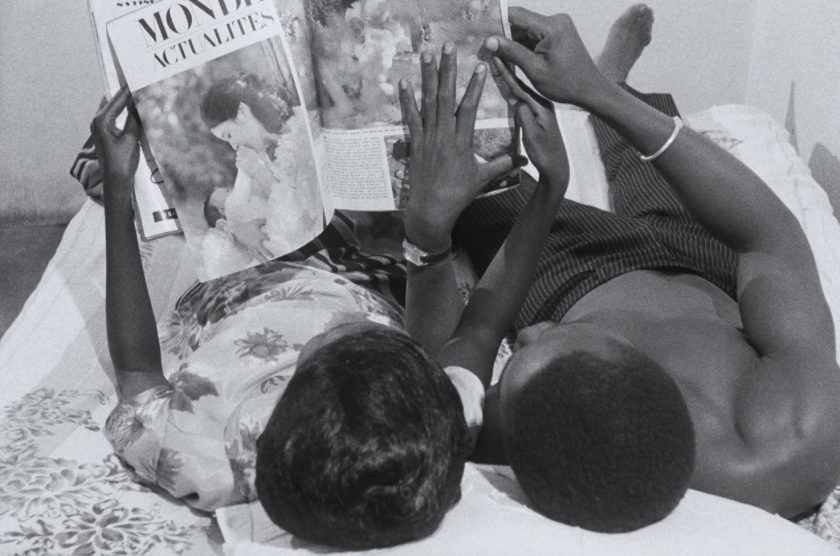
Senegal, 1966, 1h 5m
In La Noire De… Sembène offers a novel postcolonial reading of the relationship between France and Senegal, showing, camera in hand, that the defense of the working class is what motivated his cinematic work.
with commentary by: Ndèye Fatou Kane | feminist, author, and gender studies researcher
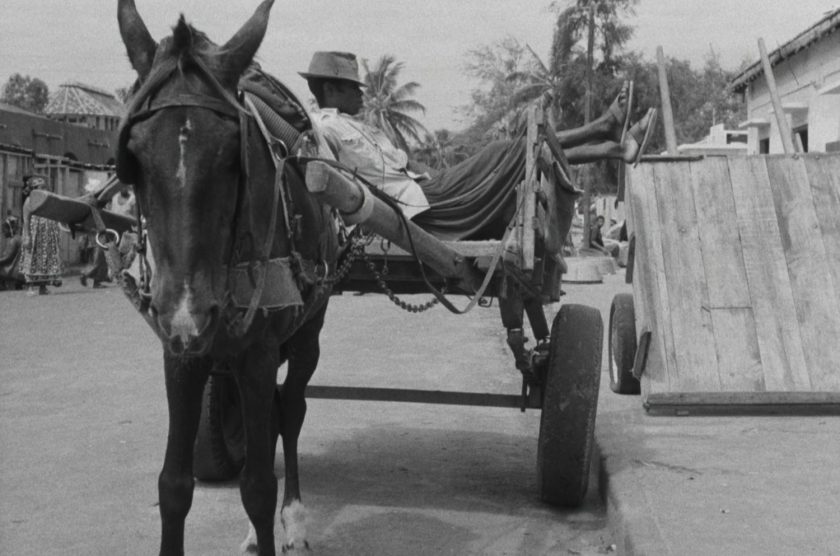
Senegal, 1963, 19m
Borom Sarret, as the name suggests, follows the daily trials and tribulations of Abdoulaye Ly, a cart driver by trade. He travels around certain roads of Dakar, his cart pulled by his loyal horse AlBourakh.
with commentary by: Ndèye Fatou Kane | feminist, author, and gender studies researcher
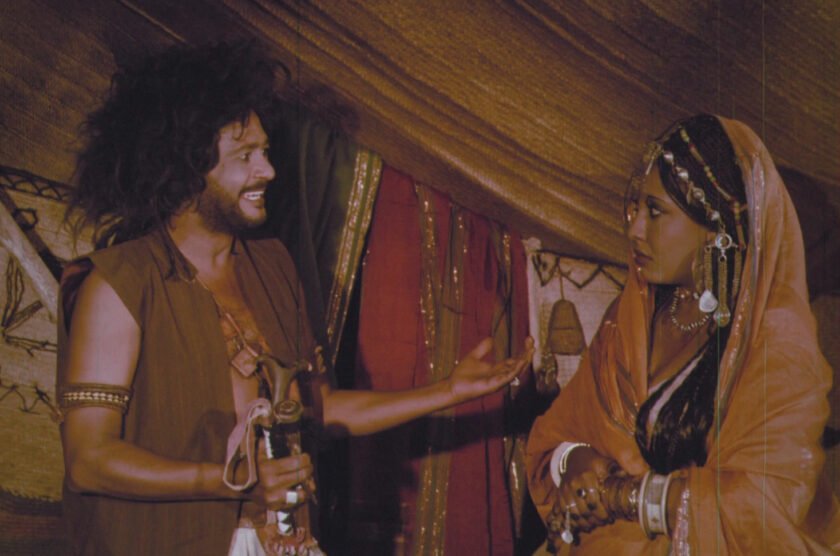
Sudan, 1977, 1h 32m
Considered the first feature film of Sudanese production, the film lends itself to the epic genre, as it is adapted from a folklore Sudanese tale on the values of heroism, bravery, and love.
with commentary by: Talal Afifi | author, film critic and founder of Sudan Film Factory
